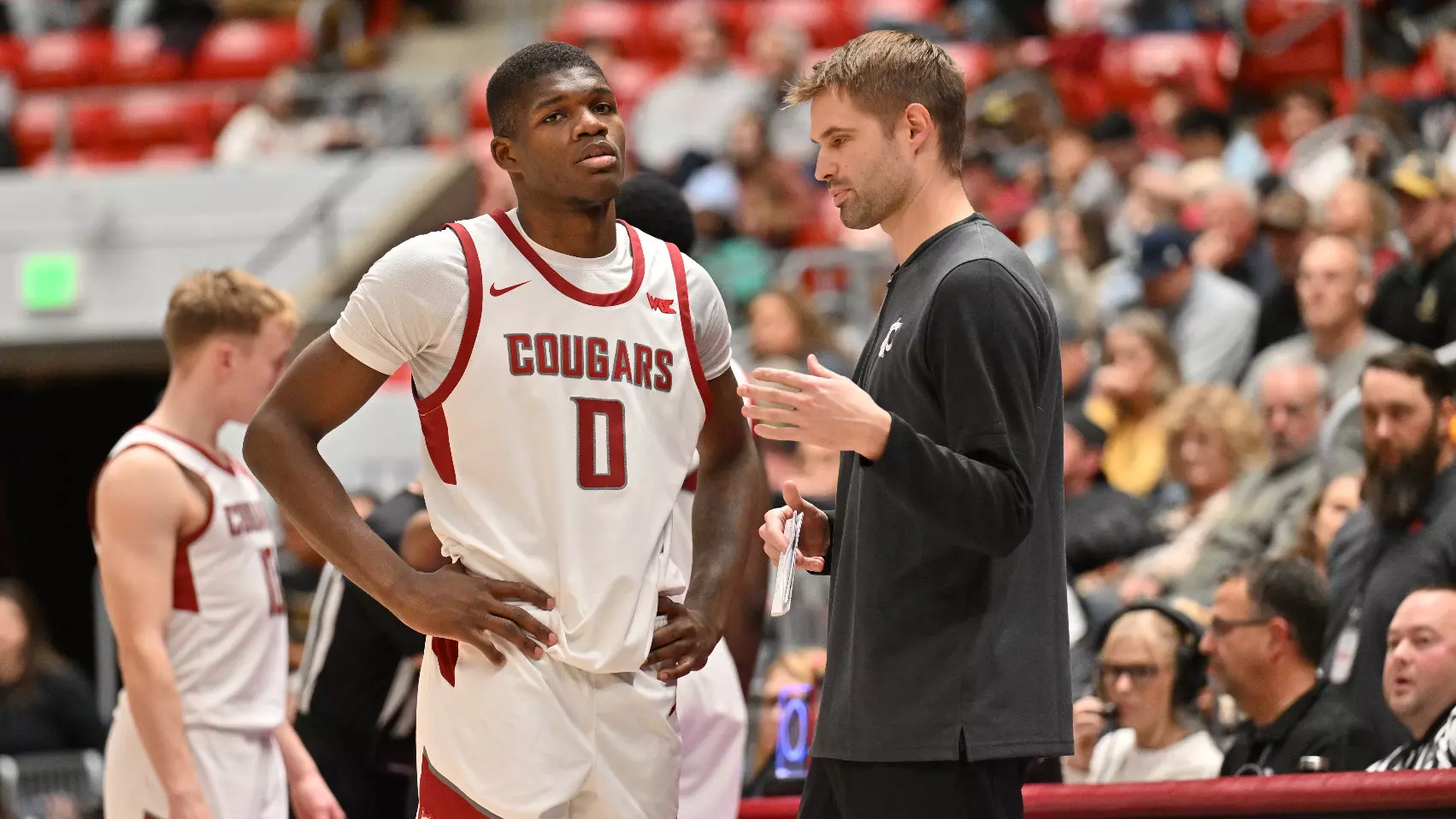Blockbuster Trade: Portland Trail Blazers Send Cedric Coward to UNC Basketball in Multi-Pick Deal
In a stunning move that has sent shockwaves throughout the basketball world, the Portland Trail Blazers have traded Cedric Coward—selected with the 11th overall pick in the 2025 NBA Draft—to the University of North Carolina (UNC) Basketball program in exchange for the 16th pick, a 2028 first-round pick via the Orlando Magic, and two future second-round picks. This unprecedented trade between an NBA franchise and a college basketball program has sparked conversation, confusion, and curiosity across both collegiate and professional basketball circles.
Breaking Down the Deal
At the heart of this deal is Cedric Coward, a promising and versatile young forward whose draft stock soared in recent months due to his athleticism, two-way potential, and basketball IQ. Portland, holding multiple picks in the mid-first round, selected Coward with the 11th pick, but within hours, news broke that Coward would be headed to UNC. While trades involving recently drafted players are common in the NBA, the idea of trading a player from an NBA team to a college program is highly unorthodox and raises questions about the evolution of the sport.
The full details of the trade are as follows:
To UNC Basketball:
Cedric Coward (11th overall pick, 2025 NBA Draft)
To Portland Trail Blazers:
16th overall pick (2025 Draft)
2028 first-round pick via Orlando Magic
Two second-round picks (2026 and 2029)
While the mechanics of the trade defy traditional boundaries—considering NCAA athletes cannot typically be acquired through direct trades with professional teams—sources close to the deal have clarified that Coward will retain college eligibility, suggesting he never formally signed an NBA contract, allowing him to pivot back into the NCAA under recently relaxed rules surrounding amateur status.
Who Is Cedric Coward?
Cedric Coward, a standout combo forward from Washington, dazzled scouts during the pre-draft process with his explosive leaping ability, lockdown perimeter defense, and improving jump shot. Standing 6’8″ with a 7-foot wingspan, Coward fits the mold of the modern hybrid forward who can switch defensively across positions while also offering upside as a playmaker.
Coward had declared for the NBA Draft after his sophomore season, where he averaged 16.2 points, 7.4 rebounds, and 2.1 steals per game. His rise was meteoric, leading many analysts to project him as a top-10 talent. Portland clearly saw value but opted to prioritize long-term flexibility and asset accumulation, especially with an eye on rebuilding post-Lillard era.
UNC’s Aggressive Strategy
The University of North Carolina has long been a powerhouse in college basketball, but this move signals an aggressive and potentially transformative shift in how elite programs approach roster building in the name, image, and likeness (NIL) era. With top recruits increasingly weighing NIL opportunities alongside their pro aspirations, UNC has positioned itself as a destination where players can thrive competitively and financially without needing to leave college prematurely.
Bringing in a player of Coward’s caliber will immediately elevate the Tar Heels’ national title hopes. Head Coach Hubert Davis, already returning several key veterans, now has an NBA-ready forward to anchor both ends of the court. Coward’s presence is expected to transform UNC’s fast-paced system and re-establish the program as a dominant force in the NCAA Tournament.
Portland’s Long Game
On the flip side, the Trail Blazers continue to emphasize their rebuild with an eye toward the future. Swapping Coward for the 16th pick (used to select a more developmental prospect), plus a valuable future first from Orlando—a team on the rise but far from guaranteed playoff success—signals Portland’s focus on asset collection.
The two second-round picks further deepen their war chest, giving General Manager Joe Cronin ample flexibility to maneuver in future drafts or trade discussions. Portland’s front office has shown a willingness to think outside the box, and this trade only solidifies that identity.
Implications for College and Pro Basketball
The mechanics and legality of this trade have raised eyebrows. NCAA rules traditionally prohibit professional teams from directly interacting with or trading with college programs. However, due to the evolving nature of NIL and eligibility rules, especially with athletes now allowed to return to college after testing the draft waters, this deal seems to have found a legal—and creative—loophole.
It sets a new precedent. With NIL-driven partnerships and “pro-style” infrastructure increasingly present in top college programs, this deal could open the door for similar future arrangements. While it might remain a rare anomaly for now, the line between amateur and professional basketball continues to blur.
Fan Reactions
Fans of both programs have taken to social media in droves. Tar Heel supporters are ecstatic, already calling Coward “the missing piece” to a national championship puzzle. Trail Blazers fans, while initially confused, have come to appreciate the long-term strategy—especially if the Orlando pick turns into a lottery selection.
Coward himself took to social media with a simple message: “Chapel Hill, let’s work.” The message was paired with a photo of him in a Carolina blue jersey, flashing the peace sign.
Conclusion
This trade is nothing short of historic—not just for the names involved, but for the implications it carries for the future of basketball development, NIL deals, and the NCAA’s shifting relationship with professional sports. As Cedric Coward suits up in Tar Heel blue and the Trail Blazers bank on future prospects, the basketball world watches closely. This could be the beginning of a new era
in athlete movement across the sport’s most elite levels.
